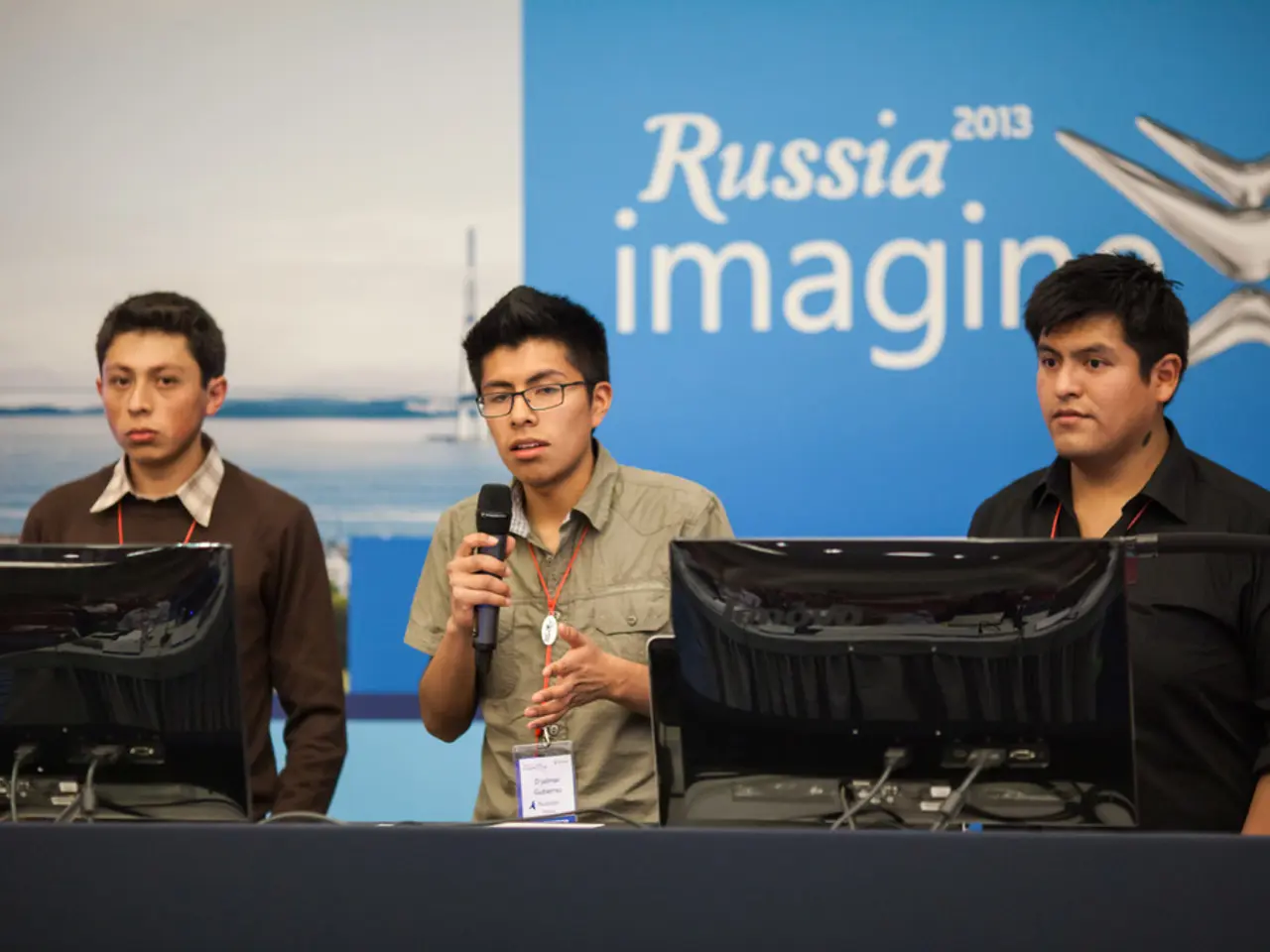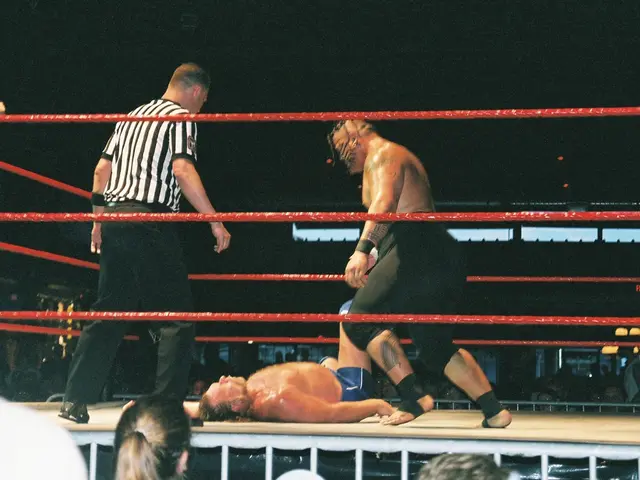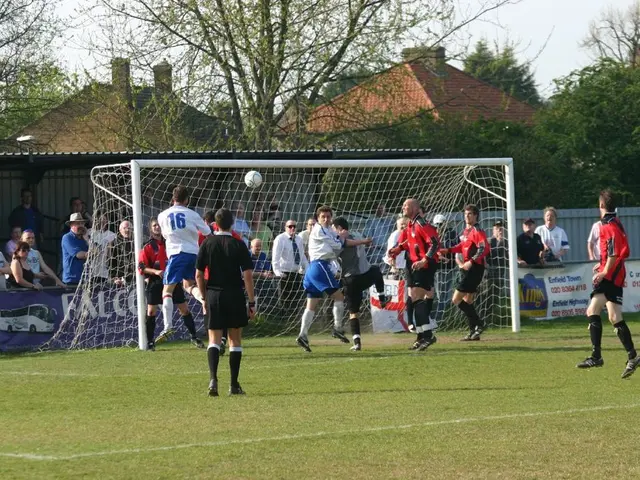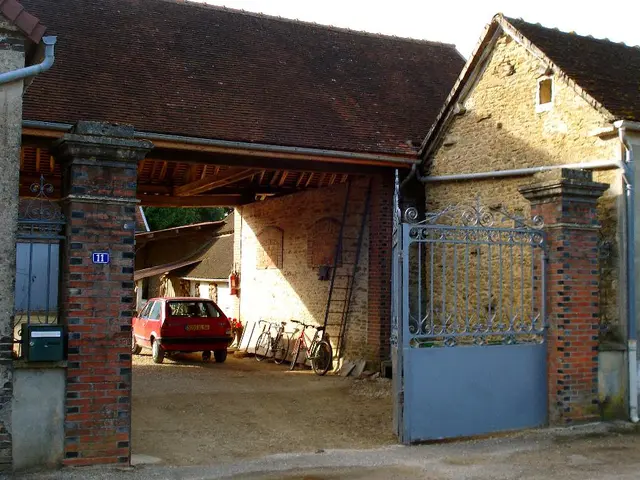Dwindling oil prices pose challenges for Russia's economy
In recent months, Russia has been grappling with a series of economic hurdles, with the most significant being the dramatic drop in oil prices. According to Bloomberg News, oil prices have fallen 29 percent since June, reaching $80 per barrel. This decline has potential repercussions for Russia, as the country is heavily dependent on oil and gas exports, accounting for about half of its government revenue.
Economic experts predict that a sustained oil price of $80 to $90 per barrel could moderately stabilise Russia's revenue, supporting its budget but limiting significant economic growth due to dependency on oil exports and potential geopolitical risks. However, the latest draft of Russia's 2015-2017 budget estimates the price of a barrel to be $100, suggesting a potential budget deficit if oil prices remain at current levels.
Professor Sergei Guriev of Sciences Pro in Paris believes that Russia can withstand lower oil prices for a while, but not for too long. The economic challenges are creating a vicious cycle where addressing them requires cuts in spending or increases in taxes, which further affect investment and GDP growth. The Russian central bank has committed to floating exchange rates, and the value of the ruble has been declining every day in October, with the ruble trading at 43 to $1 and 54 to the Euro on Friday.
The weak ruble, due to its decline in value, is limiting the purchasing power of Russian consumers, with the Russian inflation rate running at 8.4 percent, according to Bloomberg. To combat this, the Russian central bank raised interest rates by 1.5 percent on Friday, the highest rate since March.
Economic pressure is straining Putin's relations with the Russian elite and business establishments, his two pillars of political support. Slumping oil prices pose a formidable threat to the future of Russia's foreign policy, as the country is a net importer of food and consumer goods, which may lead to overall price increases. This, combined with the ongoing sanctions by the West, presents a complex and challenging situation for Russia.
The government faces the challenge of pacifying the country suffering from low standards of living, which may lead to an increase in political repression and new foreign policy decisions. Despite these challenges, Russia continues to navigate its economic and political landscape, seeking solutions to stabilise its economy and maintain its geopolitical influence.
Read also:
- Stopping Osteoporosis Treatment: Timeline Considerations
- Tobacco industry's suggested changes on a legislative modification are disregarded by health journalists
- Trump's Policies: Tariffs, AI, Surveillance, and Possible Martial Law
- Expanded Community Health Involvement by CK Birla Hospitals, Jaipur, Maintained Through Consistent Outreach Programs Across Rajasthan








